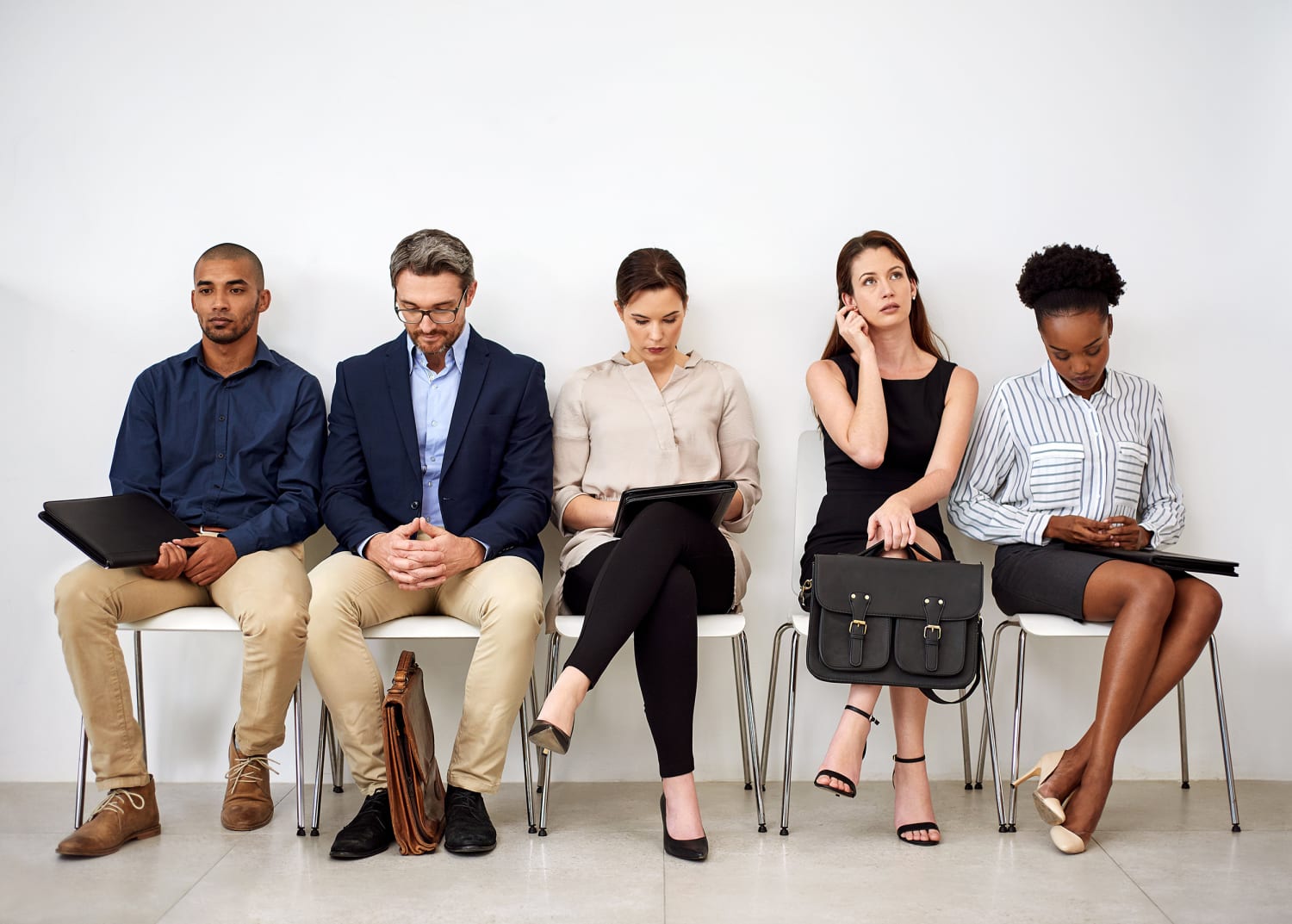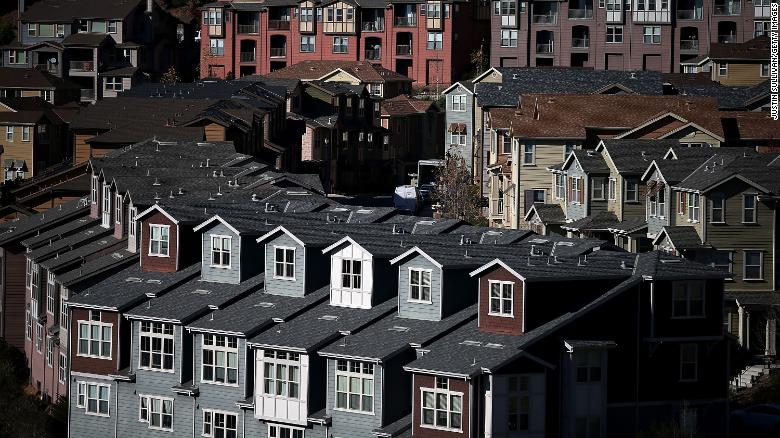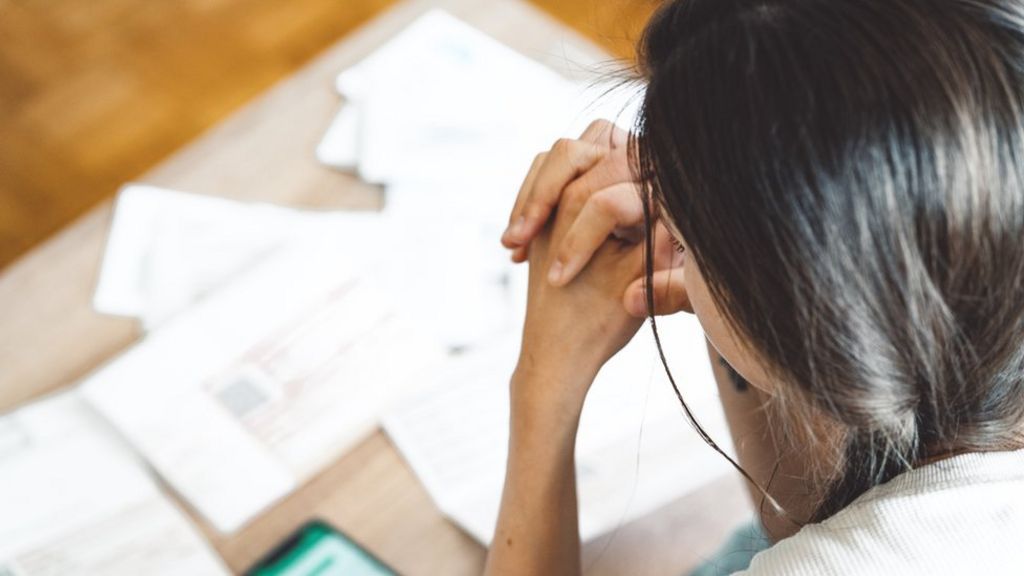In the wake of the coronavirus (COVID-19) outbreak, businesses all over the world have downsized or closed indefinitely, costing thousands of jobs and prompting economic uncertainty. Governments are urging citizens to stay home whenever possible. City streets, once vibrant and bustling, have emptied.
As an international student and/or casual worker, such uncertain and unprecedented circumstances may have you feeling particularly overwhelmed. You may be wondering: what if I get sick? What if I lose my job? How am I going to support myself financially? Am I eligible for financial assistance?
Though these questions can feel burdensome, the best way to navigate this uniquely challenging time is to stay informed of your options and rights in various circumstances. With this knowledge, you’ll be able to make the best decisions for yourself in the coming months.
I’ve lost my job or my workplace will soon shut down – where else can I look for work?
Though several non-essential businesses have closed or are closing indefinitely due to the pandemic, certain organisations are still operational and seeking new casual workers. For example, grocery stores, pharmacies and bottle shops have all been deemed essential services and will therefore remain open for the foreseeable future.
To keep up with demand, both Woolworths and Coles are implementing mass hiring strategies. Woolworths announced that it would be hiring 20,000 employees, with a specific focus on supporting staff from retail and airline industries who have lost their jobs since the outbreak. The announcement comes just a few days after Coles declared it would recruit 5000 casual workers to shorten queues and manage stock turnover.
There are plenty more industries looking for employees in light of COVID-19, including:
- ALDI
- Call centres
- Food producers
- Food delivery
- Manufacturing
- Nursing and aged care
You can look for job opportunities through Australian job sites.
I’m sick or think I may be at risk of COVID-19 – what do I do?
If you’re feeling unwell and think you may have COVID-19, there are numerous resources available to you. You can also check out our guide to find out the symptoms of COVID-19 and what to do if you think you might have it.
If you suspect you have COVID-19, it’s essential that you do not leave your home and do not attend work or school, particularly if you’re symptomatic. Though most workplaces and universities have already closed or moved their operations online, you may be one of the few still expected to go to work or school in person. If this is your situation and you are unwell, email your boss and/or professors as soon as possible to inform them of your symptoms and that you will not be coming in for at least 14 consecutive days. As a casual employee, you are likely not eligible for paid sick leave but you can still discuss this possibility with your manager.
If you are feeling well at the end of your 14-day self-isolation, you may be able to resume your normal day-to-day activities. With that mind, it is still advisable to practise social distancing even after the 14-day period. If you’re still feeling unwell at the end of your 14 days, call your GP to inform them and to ask how you should proceed.
I can’t pay my rent – who should I alert?
If you’re struggling to pay your rent or you think you will be soon, notify your landlord or real estate agent as soon as possible. Though the Government has yet to announce measures to relieve financial pressure from renters, your landlord is undoubtedly aware of the difficult circumstances at hand and may be willing to negotiate a payment plan with you. Also note that as of 29 March, Australian states and territories have agreed to ban evictions for six months if someone is unable to pay their rent as a result of COVID-19.
You can also consult the Tenants’ Union of New South Wales blog to brush up on your rights as a tenant and what you need to know as a renter in the era of COVID-19. Not living in New South Wales? No problem – the blog also provides links to tenant resources for every other Australian state and territory.
What if I can’t afford my bills?
You may also be struggling to pay your power, internet and phone bills. If this is the case, consult your provider’s website as soon as possible to check the company’s guidelines for such circumstances.
Given the scale of the outbreak, many providers, such as Energy Australia, Powershop, Telstra and Optus, have implemented hardship policies and support measures for customers impacted by COVID-19. You can also get in touch with your provider directly to see about receiving additional aid.
If the pandemic is affecting your ability to pay your education expenses, like tuition costs, check your educational institution’s website to see what forms of assistance are available. You can also contact your school directly via phone or email to ask what your options are (i.e. if you can defer your enrolment, your payments, or gain financial assistance).
Consult the Australian government’s comprehensive list of universities’ COVID-19 responses to see what your school can offer you.
Am I eligible for financial aid?
Unfortunately, as an international student, you are not eligible for Centrelink, StudyAssist or other forms of welfare support currently provided by the Australian Government. That said, the situation is changing extremely quickly, meaning the Government could potentially introduce a financial aid package for international students. Be sure to regularly consult the Australian Government website for updates on financial aid as well as general recommendations and announcements concerning COVID-19.
Where can I find more information?
The Fair Work Ombudsman has put together a useful resource hub around coronavirus and your workplace rights. For more information, click here.
Source: https://insiderguides.com.au



/cdn.vox-cdn.com/uploads/chorus_image/image/66508937/11things.7.jpg)

